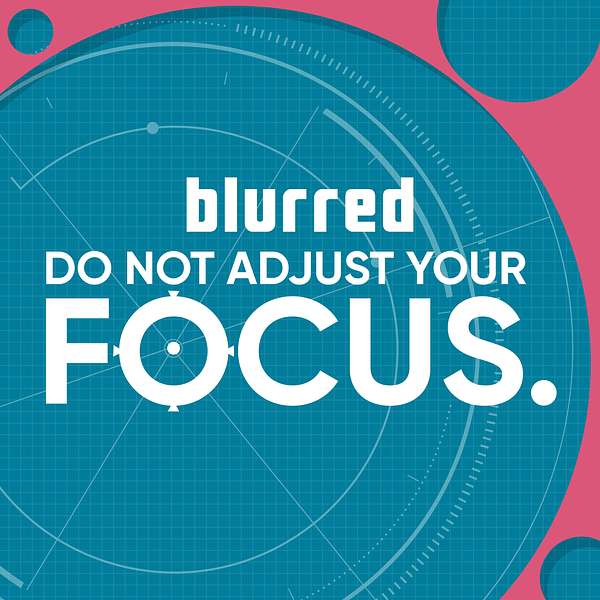
Do Not Adjust Your Focus
Do Not Adjust Your Focus
Mike Barry, ex M&S: the story behind Plan A and what companies can learn from it
THE STORY BEHIND PLAN A AND WHAT COMPANIES CAN LEARN FROM IT
In Episode 5 of Do Not Adjust Your Focus, the podcast from strategic and creative advisory firm Blurred, Stuart talks to Mike Barry, previously Director of Sustainable Business at Marks & Spencer, where he developed, led and implemented Plan A, the company's famous eco and ethical programme.
Mike believes a new business cycle is emerging one that has the potential to create a more balanced society and supporting economy.
He and Stuart discuss this, as well as the lessons that other organisations can learn from the Plan A story.
You can listen to this and previous episodes here, and subscribe on Apple, Spotify or wherever you get your podcasts.
00:09 Introduction
01:12 How did “Plan A” come about and what excited you about it?
02:38 You had a solid starting point and a visionary leader. But what challenges did you encounter when designing and implementing Plan A?
04:14 You can’t begin to implement something of this scale without a solid business case. You need to make clear projections based on concrete data – where did you begin?
05:38 You devoted 4000 working days to Plan A – do you feel you successfully embedded a culture that will endure beyond both leadership and personnel change?
07:15 How much do businesses acknowledge that reality? The fact it’s so much more prominent on the agenda.
09:20 How doable do you think it is when you hear the zero-carbon target timeframes proposed by Governments?
11:38 There is a theme emerging – everyone who really knows their stuff in the space is a tech optimist. Tech is part of the solution – what have you learnt from this in terms of Plan A?
13:45 There is a big tension between fear and hope – people were immediately afraid of scientifically produced food, for example. So how do you win back over public opinion?
15:55 We have a new government – how confident do you feel about the UK’s ability and appetite to lead in this space given the broader political context?
17:28 Do you think the government is equipped to be nimble enough to capitalize on the opportunities available?
20:24 What could get in the way of that happening?
21:20 Who is best placed to bring those different audiences along the journey? Will it be companies, policy makers, or both?
22:53 Will there be a degree of protectionism around industries and ways of working, especially in a post Brexit period?
24:37 Which companies are getting it right?
26:42 Veganism has been astonishing with its shift over the last 12 months – it’s now mainstream, and people are proud to try it.
27:43 Which industries are lagging behind?
29:20 Circular Economy – how do we achieve that? What’s in the way of us reaching that holy grail?
30:28 COP25 – on a scale of 1-10 how do you feel coming out of the back of that? Positive or otherwise?
31:40 Should politicians be afraid of Greta and the next generation… Or inspired?
33:22 We’re still using 20th century politics to solve 21st century crisis – do we need more collaboration?
34:43 I have a desire to see the next 10 years used well and make Britain synonymous of leadership in this space. A big part of that will come down to national Government and how much decision making is devolved to cities. Do you agree?
36:59 It’s a new decade – what’s your new year’s resolution going to be in to 2020?